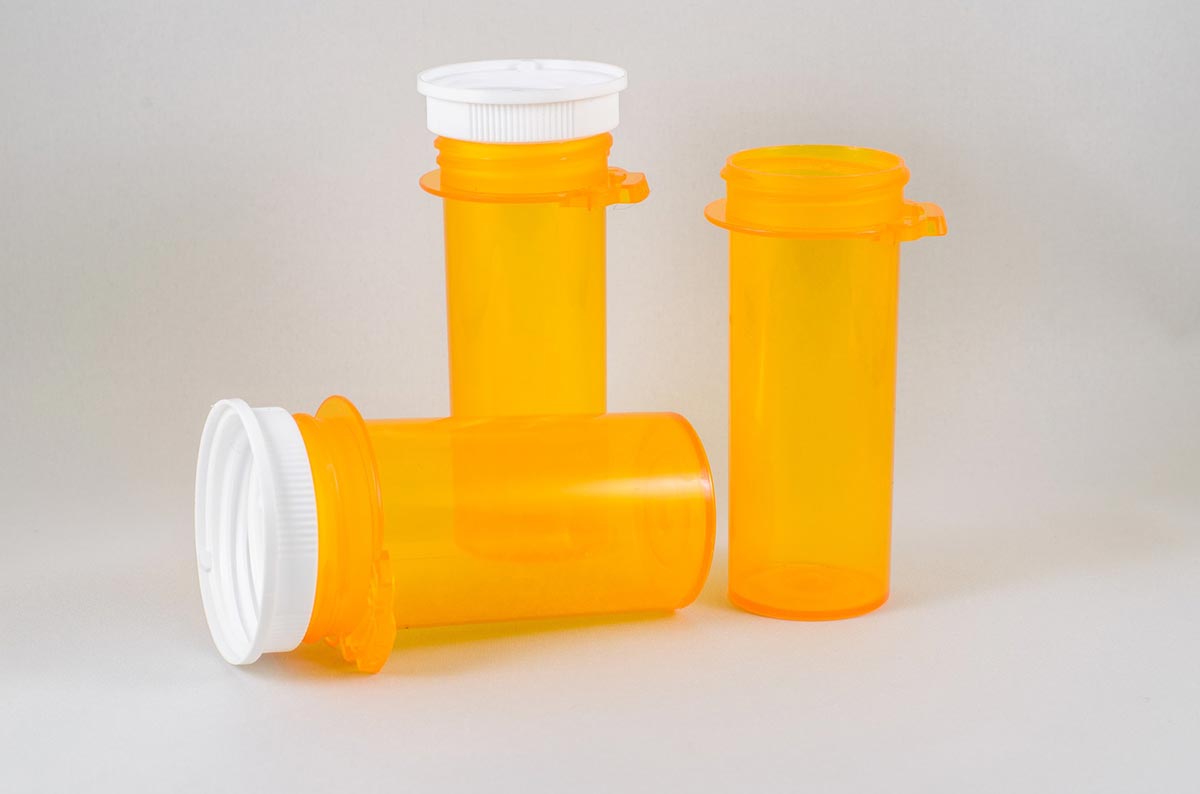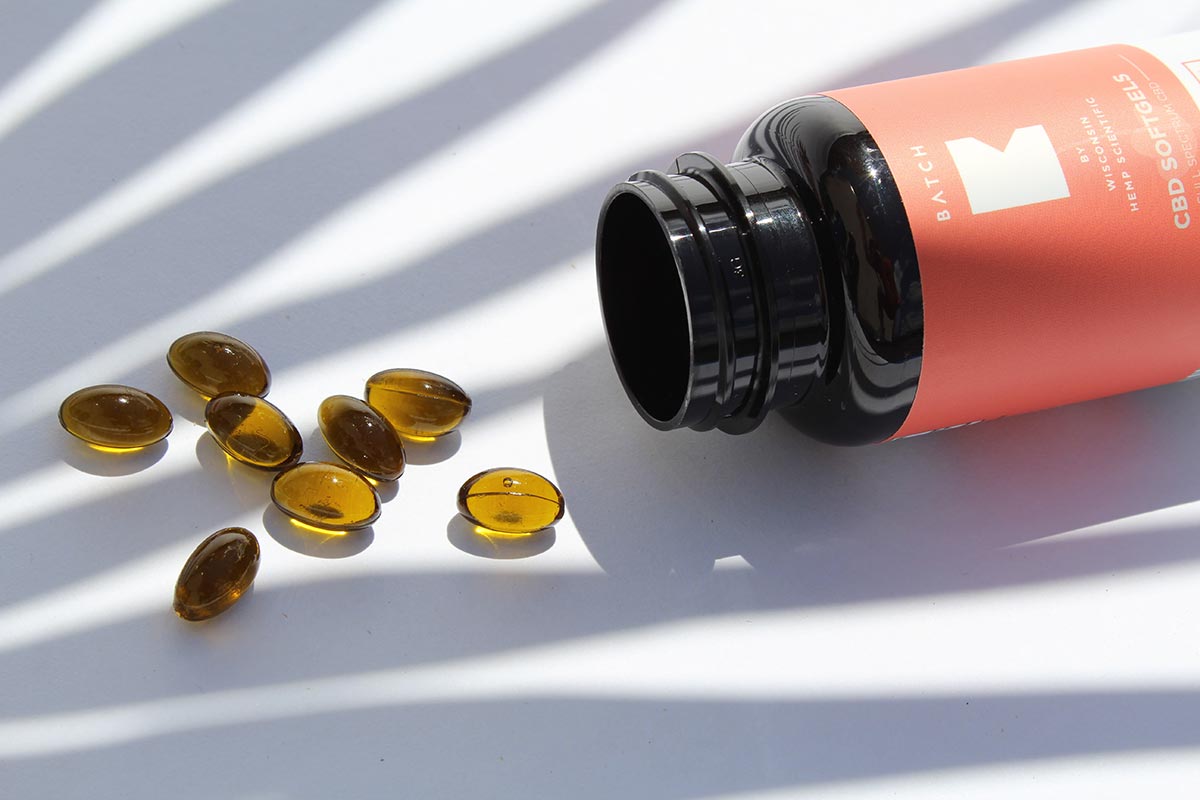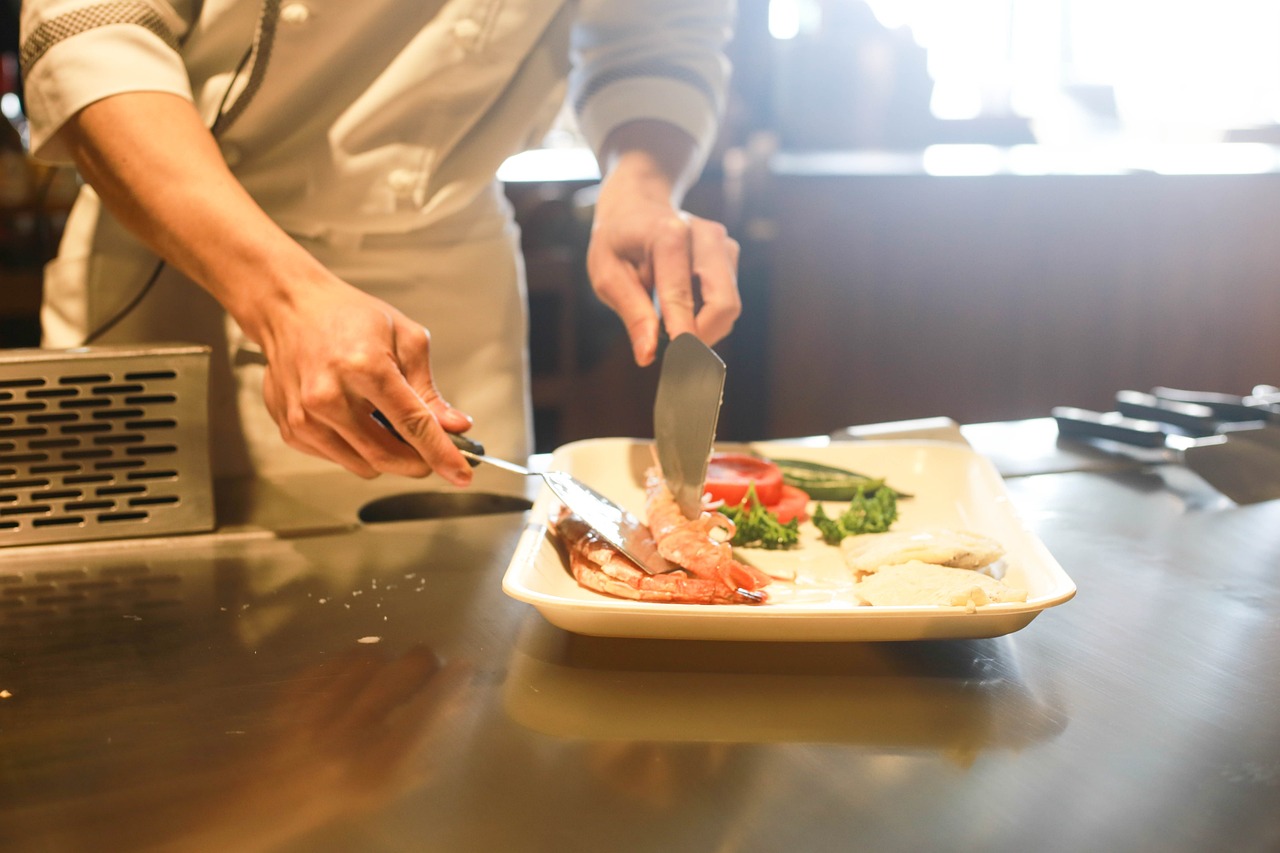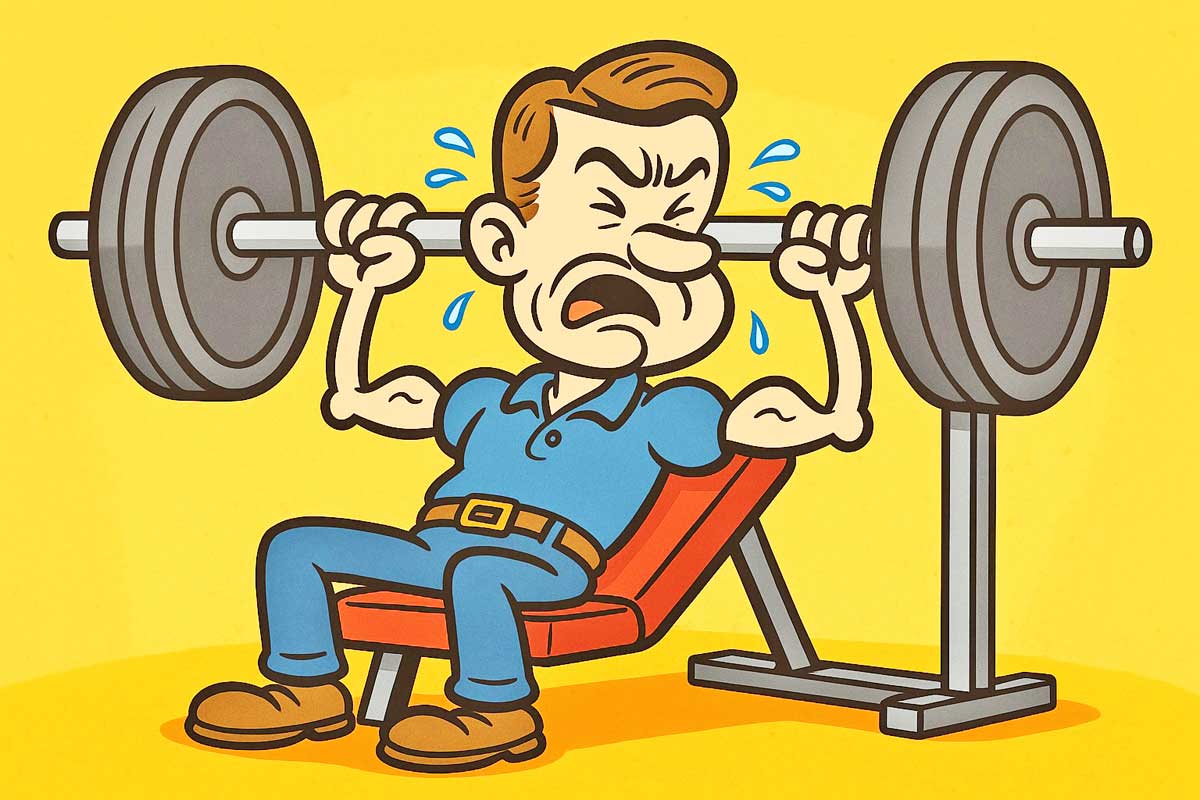The Common Practice of Pre-Exercise Pain Relief
On a beautiful Thanksgiving weekend, I joined thousands of runners in Victoria for a half-marathon along a stunning Oceanside course. Similar scenes played out in Kelowna, where the Okanagan marathon attracted enthusiastic participants. Amidst the stretching, warming up, and nervous chatter, one recurring sight stood out: runners taking pain medication, particularly ibuprofen, in hopes of reducing pain and inflammation during or after the race.
The logic seems sound—an anti-inflammatory like ibuprofen should help mitigate discomfort and swelling, allowing athletes to perform better and recover faster. However, research paints a different picture, suggesting that this practice might not only be ineffective but could also have harmful side effects.
The Science Behind Pain Medication and Exercise
Studies on long-distance runners have revealed surprising results about ibuprofen use before and during exercise. Instead of reducing inflammation, ibuprofen appears to increase pro-inflammatory markers and oxidative stress. Oxidative stress occurs when free radicals—unstable molecules with unpaired electrons—accumulate in the body faster than they can be neutralized. This imbalance can cause cell damage and impair recovery.
One of the most cited studies, conducted by David Nieman in 2006, found that runners who took ibuprofen did not experience less soreness or muscle damage compared to those who avoided it. This challenges the belief that ibuprofen is an effective tool for managing exercise-induced pain. Even more concerning, Nieman's research highlighted that ibuprofen use redirects blood flow to the stomach and intestines, leading to a condition called endotoxemia. This occurs when toxins from the colon enter the bloodstream, exacerbating inflammation rather than alleviating it.
Risks of Ibuprofen During Exercise
Ibuprofen use during intense physical activity is associated with several health risks. In addition to increased oxidative stress and endotoxemia, it can contribute to kidney dysfunction. Exercise already places stress on the kidneys due to dehydration and increased workload, and adding ibuprofen to the mix amplifies this risk.
For many athletes, the appeal of ibuprofen lies in its promise to reduce pain and inflammation. Yet, evidence suggests it fails to deliver these benefits during or after exercise. Instead, it may create new health challenges, undermining both performance and recovery.
Exploring Natural Alternatives
Fortunately, ongoing research is uncovering natural ways to manage inflammation and oxidative stress during exercise. Flavonoids—plant compounds found in fruits, vegetables, and teas—have shown promise in reducing inflammatory responses. Foods like berries, dark chocolate, and green tea are rich in antioxidants and can support the body’s natural defenses against free radicals.
Other natural options include omega-3 fatty acids, found in fish and flaxseeds, which have anti-inflammatory properties. Curcumin, the active ingredient in turmeric, is another powerful anti-inflammatory agent supported by scientific evidence. While these alternatives may not provide immediate relief, they promote long-term joint health and overall recovery.
Practical Tips for Pain and Inflammation Management
If you experience pain or inflammation from exercise, there are safer and more effective strategies than relying on pain medications like ibuprofen. Proper hydration and electrolyte balance can help minimize muscle cramps and soreness. Gradual warm-ups and cool-downs enhance circulation and prepare the body for activity, reducing the risk of injury.
Compression garments and cold therapy are also popular among athletes for managing post-exercise soreness. Stretching and foam rolling improve muscle recovery by releasing tension and increasing flexibility. Combined with a balanced diet rich in anti-inflammatory foods, these practices can help you maintain peak performance without the risks associated with pain medication.
Rethinking Pain Medication for Exercise
While the idea of taking ibuprofen before exercise may seem appealing, research suggests it is neither effective nor safe for managing pain and inflammation during physical activity. The potential risks, including increased inflammation, oxidative stress, and kidney dysfunction, outweigh any perceived benefits.
Instead, focus on natural, long-term solutions that support your body’s recovery processes. From a nutrient-rich diet to proper warm-up routines, small changes can make a big difference in managing exercise-related discomfort. Embrace these healthier approaches to enhance your performance and protect your overall well-being.













